Publications
Articles, publications, books, tools and multimedia features from the U.S. Institute of Peace provide the latest news, analysis, research findings, practitioner guides and reports, all related to the conflict zones and issues that are at the center of the Institute’s work to prevent and reduce violent conflict.
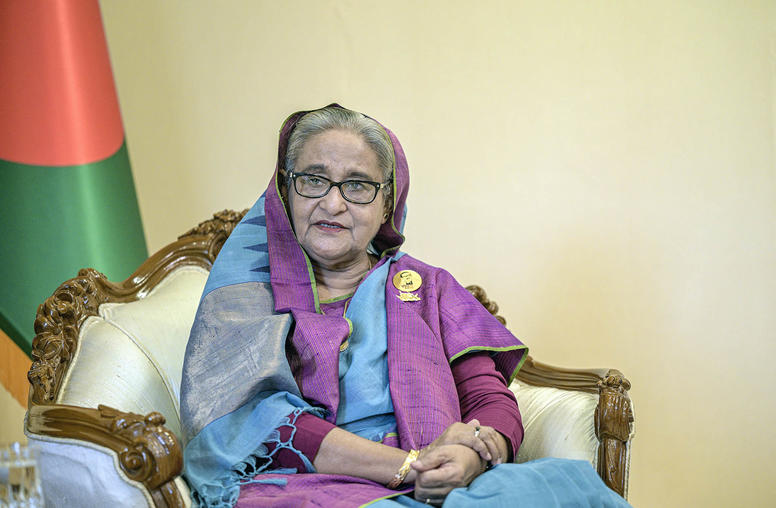
A Perilous Moment for Bangladesh’s Democracy
Bangladesh’s parliamentary elections in January cemented the country’s transition to a “dominant-party” political system. Aided by an opposition boycott on Election Day, the Awami League (AL) extended its 15 years in power with another five-year term, which will soon make Bangladesh’s prime minister, Sheikh Hasina, the world’s longest continuously serving female head of government in contemporary history. But political dominance comes with risk. Around the world, dominant-party systems often develop common maladies that harm the country’s governance. Ensuring competition across politics, government and the economy can forestall these problems.
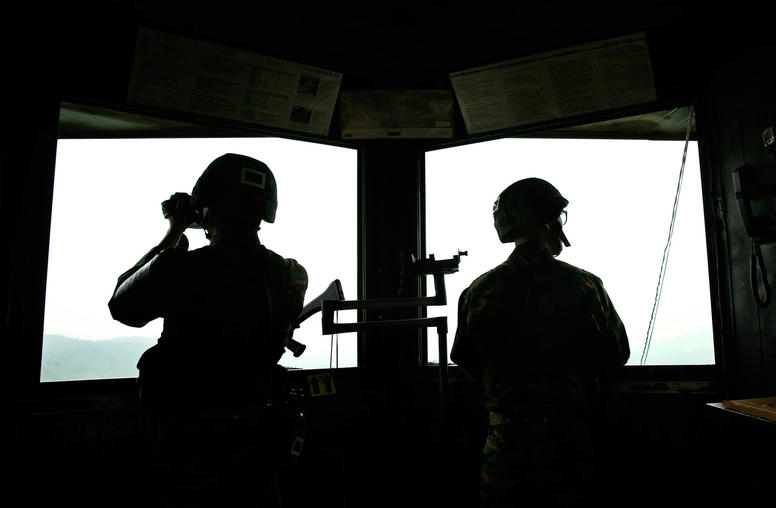
Increasing Stability in a Deterrence Relationship with North Korea
A Korean Peninsula free of nuclear weapons remains a critical U.S. national security interest, but it is now a long-term interest. Because there is little possibility of disarming the regime in Pyongyang at an acceptable cost in the foreseeable future, the United States-South Korea alliance needs a strategy to coexist peacefully with a nuclear-armed North Korea.
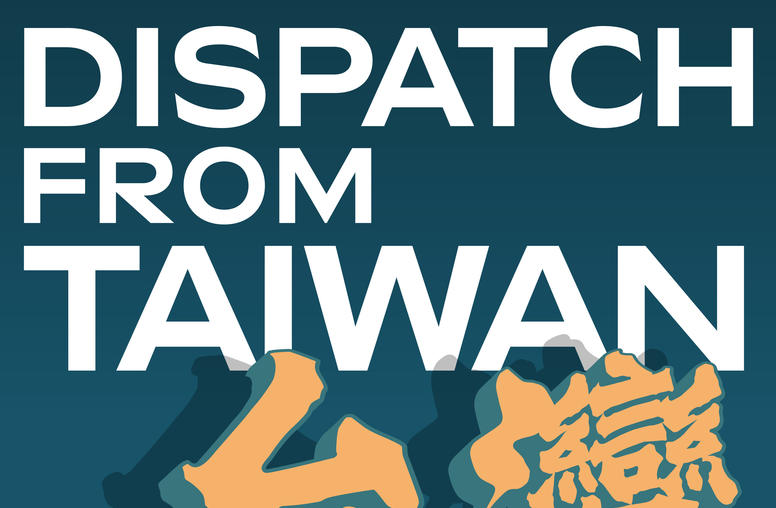
People’s Relations: Moving Between Taiwan and China
From 1945 to 1949, an estimated million-plus people from China arrived in Taiwan. The newcomers joined an existing population of 6 million, significantly changing the demographic makeup of modern Taiwan. In this episode, we look at the stories of some of those who arrived, and how perspectives of China differ among generations and those who travel back and forth.
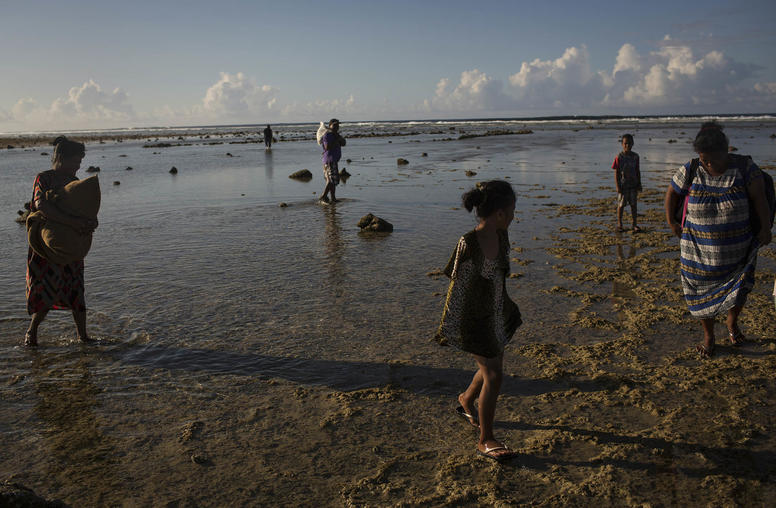
For the Marshall Islands, Nuclear Remembrance Day Is a Painful Reminder
Between 1946 and 1958, the United States detonated 67 nuclear and thermonuclear weapons in the Marshall Islands, a legacy that is commemorated today on the 70th anniversary of the Castle Bravo hydrogen bomb test. This nuclear legacy still reverberates in the Marshall Islands today, straining its relationship with Washington and creating a fissure that Beijing is exploiting as it seeks to increase its regional influence.

The Challenges Facing Afghans with Disabilities
In Afghanistan, obtaining accurate data on the number of persons with disabilities — including gender-disaggregated information — has always been a challenging endeavor. But based on the data we do have, it’s clear that more than four decades of violent conflict have left a considerable portion of the Afghan population grappling with various forms of disabilities, both war-related and otherwise. And the pervasive lack of protective mechanisms, social awareness and empathy surrounding disability continue to pose formidable challenges for individuals with disabilities, with women being disproportionately affected.
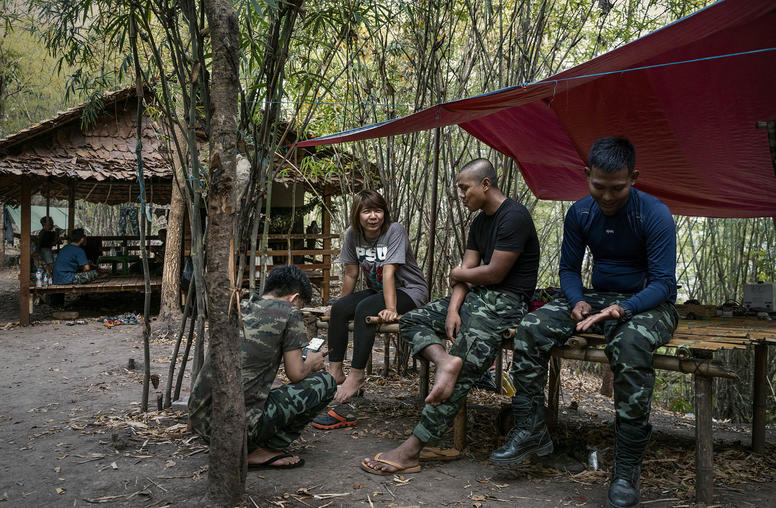
Myanmar: New Data Show Wide Support for Unity Government
The three-month offensive by Myanmar’s alliance of disparate ethnic armed groups has weakened the military regime more than at any time since it seized power three years ago. This highlights a question for international policymakers: Could the anti-coup forces stabilize Myanmar? New public opinion data bolsters evidence that the National Unity Government (NUG) — which combines representatives elected in the 2020 election and ethnic minority leaders — has a solid basis to lead such an effort, holding strong popular support across Myanmar’s numerous ethnic groups. Such stabilization will depend on the NUG’s ability to deepen its inclusivity and responsiveness and broaden its political coalition.
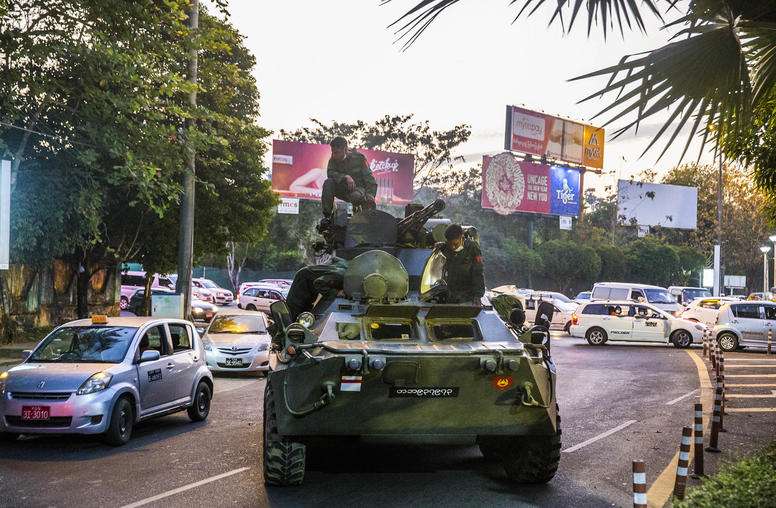
Myanmar’s Fateful Conscription Law
Earlier this month, Myanmar’s ruling junta enacted a compulsory conscription law that had been dormant since 2010. General Guan Maw, a leader of the Kachin Independence Organization, greeted the junta's decision by comparing it to the 2021 military coup: "If February 1, 2021, was the beginning of the end, the law enforced on February 10, 2024, can be said to mark the end of the end.” As popular reactions to the new conscription plan roll out across the country, General Guan Maw’s pronouncement becomes increasingly prescient.

A Framework for Meaningful Economic Engagement with North Korea
North Korea has faced enormous challenges in providing health and food security for its population since its economic collapse and famine of the 1990s. A principal reason was prioritizing state security in the military-first policy under Kim Jong Il and later advancing nuclear and missile programs under Kim Jong Un. Self-reliance ideology was another important factor. In addition, the unresolved Korean War and underlying North Korean perceptions of U.S. and international hostility cast a cold shadow over diplomatic and economic cooperation.
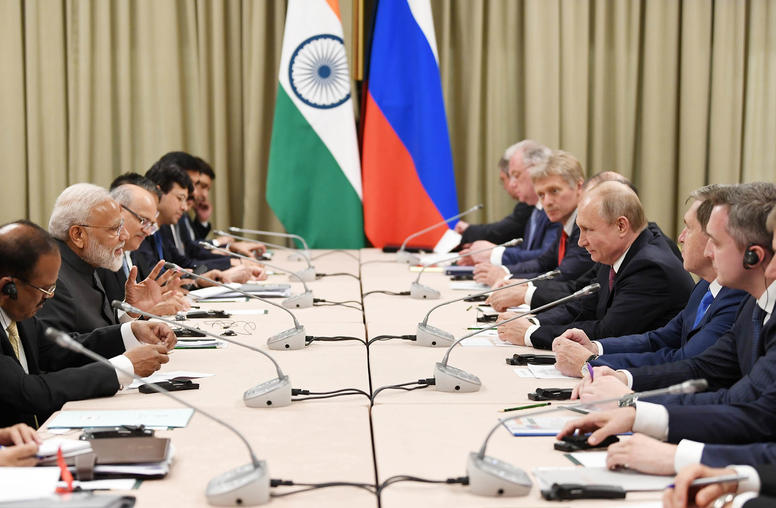
The Limitations of India and Russia’s Transactional Relationship
Since Russia’s unprovoked invasion of Ukraine in February 2022, it might seem as though ties between India and Russia have strengthened. While much of the West isolated Russia, India-Russia energy trade spiked, and India made efforts to accommodate Russia on the world stage. The two countries have also had visible public exchanges, such as a mid-January phone call between Indian Prime Minister Narendra Modi and Russian President Vladimir Putin and Indian External Affairs Minister S. Jaishankar’s trip to Moscow at the end of 2023.
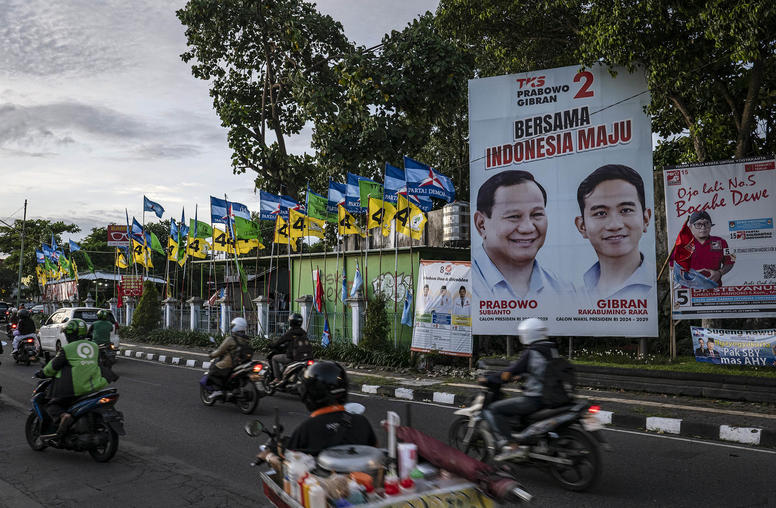
How Might Prabowo Navigate Conflict, Competition as Indonesia’s President?
Indonesia’s defense minister, Prabowo Subianto, is set to become the next president of the world’s fourth-largest country and third-largest democracy. Prabowo will take the reins of power at a tense moment for regional and global security and as president will have to contend with a persistent, low-grade conflict in West Papua. Continuity will likely hold sway as prevailing winds in Indonesia’s foreign policy chart a well-worn course for navigating geopolitical competition and global conflicts, this time with what appears to be a willing captain at the helm.